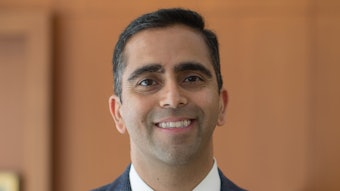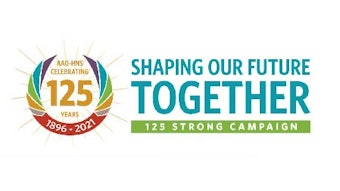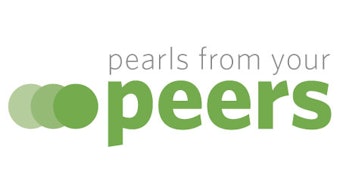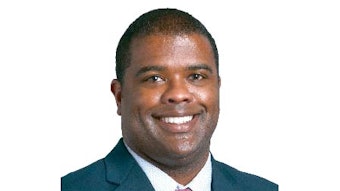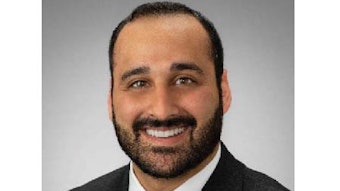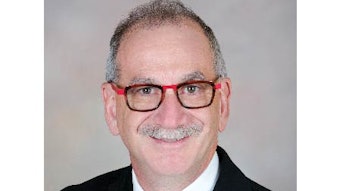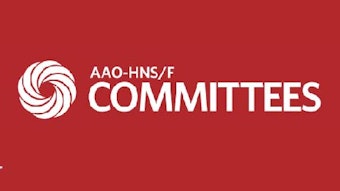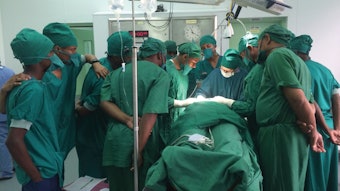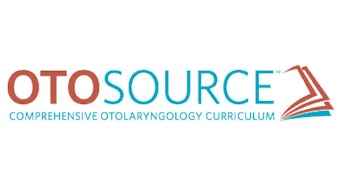My Full-Circle Experience with the Resident Reviewer Development Program
The RRDP fosters a form of mentorship rarely available in the busy day-to-day of residency training.
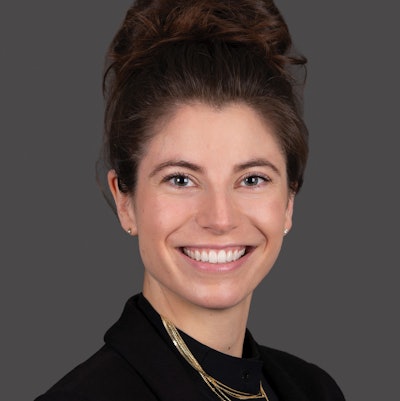 Natalie A. Krane, MD
Natalie A. Krane, MD
Natalie A. Krane, MD
My involvement in the Resident Reviewer Development Program (RRDP), which matches experienced Otolaryngology–Head and Neck Surgery reviewers with residents seeking to learn more about the review process and how to critically evaluate scientific papers, began as a fourth-year resident. I was paired with a mentor with extensive reviewer experience (not to mention numerous publications of her own), and together we built my knowledge base and confidence reviewing manuscripts submitted for publication in Otolaryngology–Head and Neck Surgery. Through this mentorship, the RRDP couples and encourages independent review and thoughtful analysis with close guidance and real-time feedback on actual scientific papers aiming to be published.
The RRDP was an educational curriculum in and of itself; access to the Reviewer Development Resources allows its learners to develop a systematic and comprehensive approach to reviewing and critiquing scientific papers. These resources give a deeper understanding of internal and external validity and the necessary facets of a well-positioned scientific paper. It also teaches the reviewer to constructively provide feedback—how we provide feedback to authors is as important as how we come to our conclusions regarding the paper’s major and minor flaws. It is our duty to ensure the feedback the authors receive can be used to effectively improve their manuscript.
Before long, following a graduated approach to autonomy within the RRDP, I completed the program and joined the journal’s main reviewer pool. I continue to regularly review for Otolaryngology–Head and Neck Surgery and other journals, each time learning more about how to critically evaluate research. This in turn helps me better formulate my own research hypotheses and how best to go about testing them. I have become a productive critic of my own scientific approach in a way that is only gained through the critical analysis of others’ work.
The RRDP fosters a form of mentorship rarely available in the busy day-to-day of residency training. Mentorship is a necessary element of not only medical training but also one’s career in medicine. It has been found to mitigate burnout, offer support and encouragement, and build confidence in those on both sides of the relationship.1,2 I am now a mentor to residents in the RRDP seeking the same experience I had. The benefits of mentorship are not solely reaped by mentees but also by the mentors themselves, who benefit from increased productivity, career satisfaction, and personal gratification.3 The mentorship model within the RRDP can also be a way for residents to develop relationships with those who have similar interests and are further along on the path they wish to endeavor. This augments the experience in a number of ways, including advice for fellowship applications or job prospects, ideating research projects, and establishing career goals during a pivotal time within residency training, when planning for the next step in one’s career is on the near horizon. In all, RRDP is an incredible way to link learners with those with more experience and similar interests.
There is no doubt that my involvement within the RRDP laid the foundation for more introspective analysis of my own research and gave me the opportunity to ask questions with a methodological-oriented approach as an academic facial plastic and reconstructive surgeon with clinical research interests. I recommend the program highly, both to those seeking mentorship to learn more about the review process and those who want to mentor others. The benefits are plentiful for all involved.



